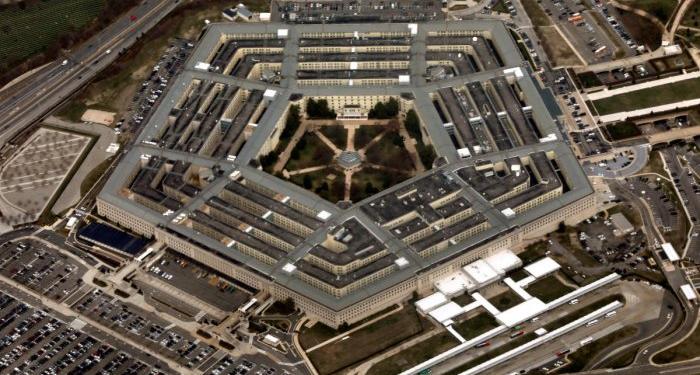Pentagon, in a statement, has voiced its support for India’s anti-satellite test (A-SAT). Defending India for acquiring anti-satellite missile capabilities, Pentagon has in a statement before a state panel has said that India is concerned about the threats it faces in space.
Last month, as a part of Mission Shakti, India had successfully destroyed a low earth orbit satellite from a ground-based ballistic missile making the nation a space power. After United States, China and Russia, India became the fourth country in the world to have successfully acquired this high-end strategic defence capability.
United States Strategic Command Commander General John E Hyten had told members of the powerful Senate Armed Services Committee on Thursday while responding to a question from Senators on the need for India to do anti-satellite missile test, “The first lesson from the Indian ASAT is just the simple question of why did they do that. And the answer should be, I think to all the committee looking at it, is that they did that because they are concerned about threats to their nation from space, and therefore they feel they have to have a capability to defend themselves in space.”
The successful test of Anti-Satellite missile had been getting worldwide support as India’s right to self-defense. Rattled by India’s display of its defence capabilities, Pakistan had tried to stir international opposition against India’s Mission Shakti “Space is the common heritage of mankind and every nation has the responsibility to avoid actions which can lead to militarization of this arena” Pakistan’s Foreign Ministry said in a statement. “We hope that countries which have in the past strongly condemned demonstration of similar capabilities by others will be prepared to work towards developing international instruments to prevent military threats relating to outer space” the statement also added.
PM Modi had already stated that this test was not directed against any country but was aimed at an Indian satellite which was a predetermined target at an altitude of 300 Km. PM Modi also added that the test did not breach any existing international law or norm. Defense research and development organization led Mission Shakti, which is aimed at strengthening India’s overall defense capabilities.
As reported by All India Radio, Chairman of Defence Research and Development Organisation, DRDO, G Satheesh Reddy has said that Mission Shakti is an exemplary effort reflecting India’s indigenous defence technology. He also added that closing velocity and accuracy were two important aspects of an anti-satellite interceptor missile and that efforts of more than 50 companies and development of more than 200 components had contributed to the success of the ASAT test.
India is one of the few countries in the world which is working progressively on Ballistic Missile Development, BMD systems.
The response from the international community, including Pentagon, on India’s ASAT test not only shows India’s growing diplomatic sphere but also indicates towards nations reiterating their recognization of India as a peaceful nation and a future world superpower.

























